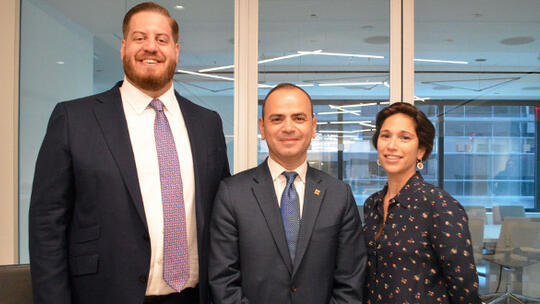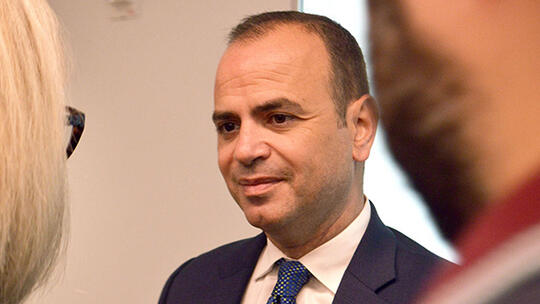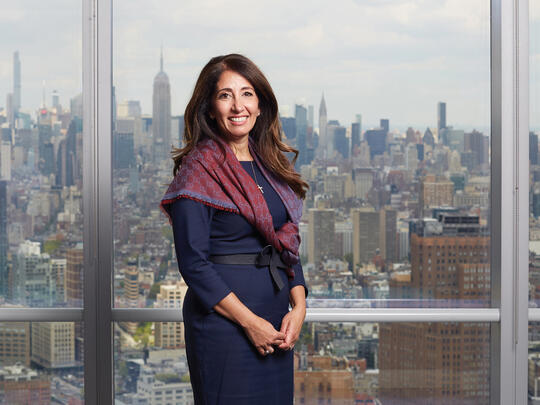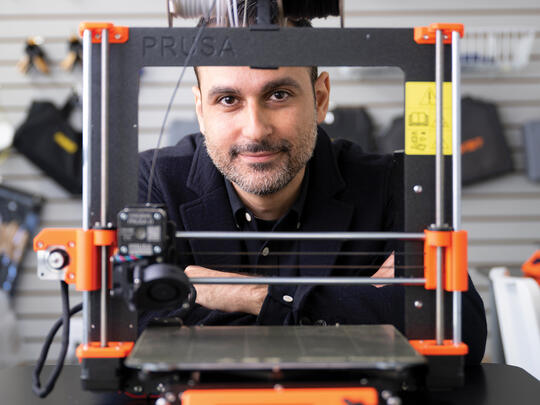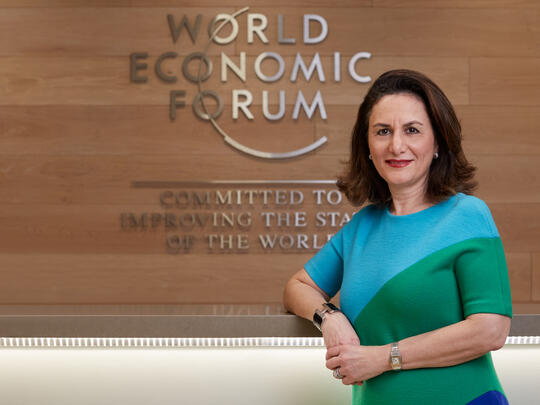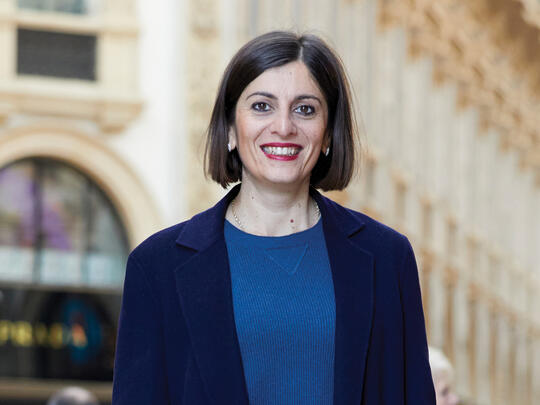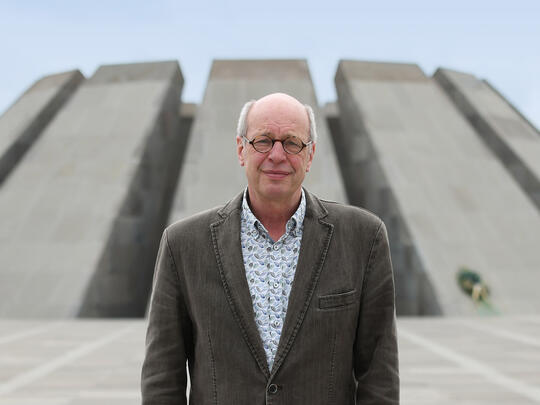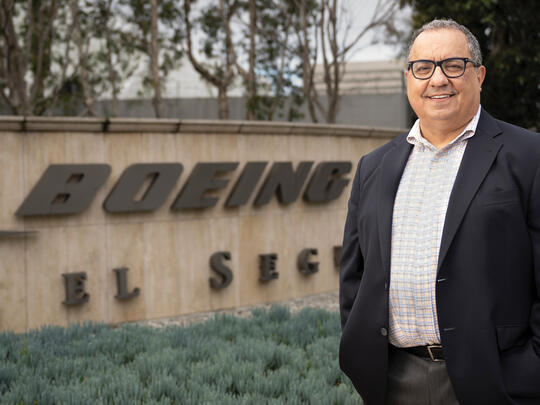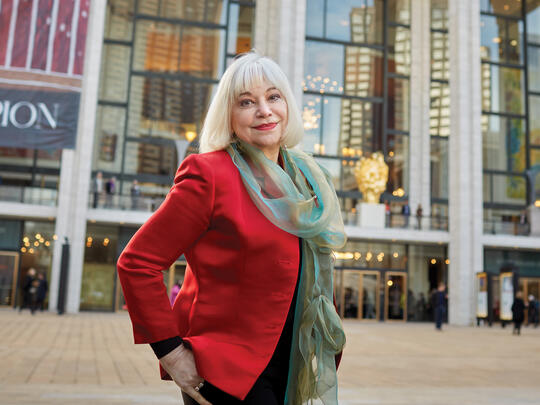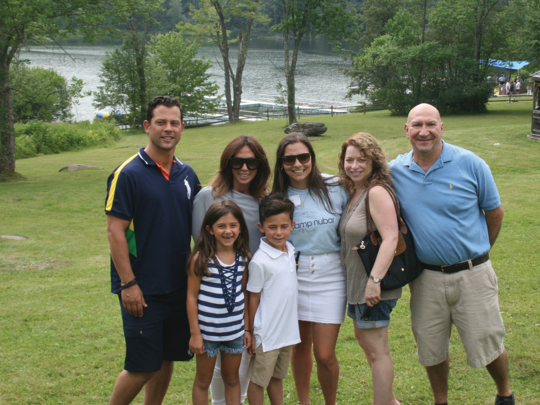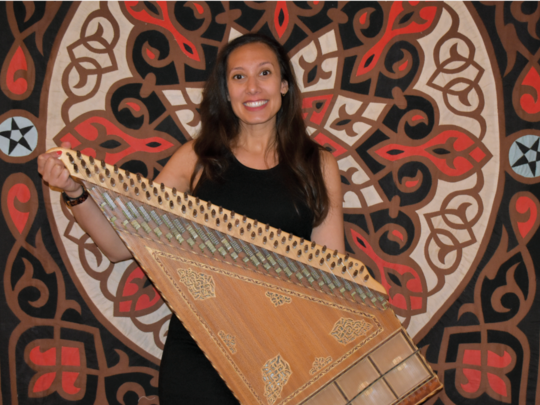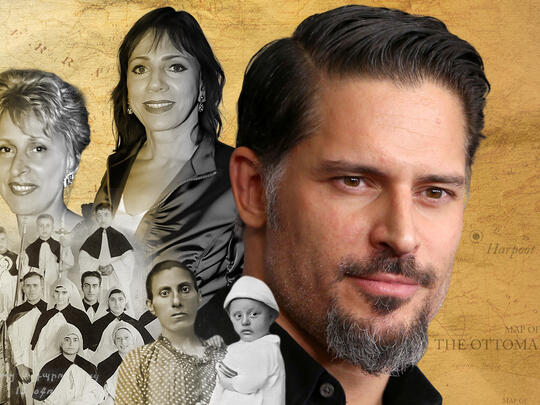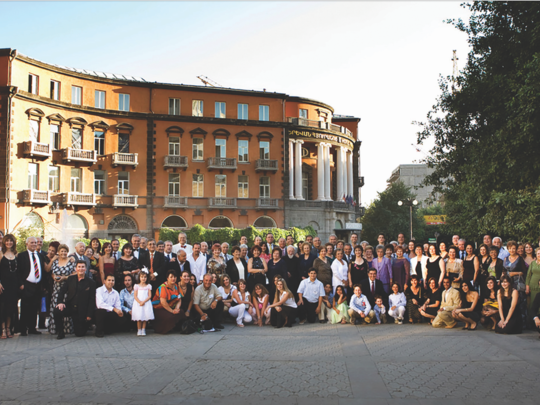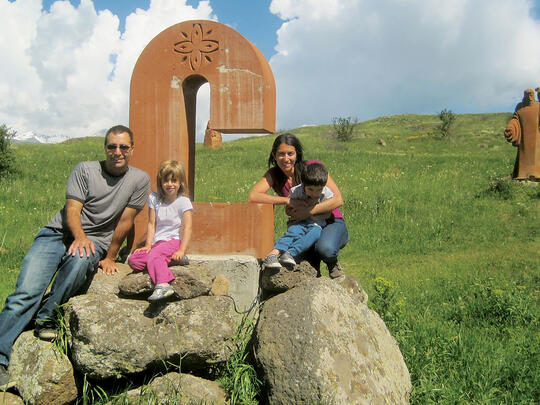
AGBU Explores Armenia’s Vision for Diaspora Re-Engagement with New High Commissioner of Diaspora Affairs Zareh Sinanyan
As part of the delegation of Prime Minister Nikol Pashinyan’s recent trip to the United States, Armenia’s newly appointed High Commissioner of Diaspora Affairs Zareh Sinanyan visited the recently renovated AGBU Central Office on September 25th with an important mission. Hosted by the AGBU Central Board and //node/3349 Sinanyan, a former mayor of the city of Glendale, CA, was eager to share the Armenian government’s new vision for Diaspora and Armenia engagement over breakfast and an open dialogue with members of the community.
The event underscored AGBU’s continuing efforts to maintain an ongoing interaction with Armenia’s leadership to ensure Diaspora-Armenian collaboration as well as alignments with AGBU initiatives.
During his opening remarks, Sinanyan addressed the indispensable role of the Diaspora in shaping the next decade in Armenia to help ensure its existence as a free and independent state.
He posited that for Armenia to survive as a sovereign nation, it was essential to increase the size of its population. To that end, he announced the government’s ambitious goal of adding 5 million more residents by the year 2050. This would not only include those of Armenian ancestry but also non-Armenians with similar cultural and religious backgrounds.
Acknowledging the gradual drifting of the Diaspora away from the homeland over many years since independence, Sinanyan insisted that a new page has been turned. He described how the government is taking proactive measures to facilitate the integration of diasporans into the economic and cultural life of the country and stressed the importance of tapping into the vast pool of talent and expertise that exists outside of Armenia to help accelerate progress and expand opportunity within. “What we lack in Armenia, we have in abundance in the diaspora,” he stated.
Citing the factors necessary to encourage diasporans to plant a stake in the country, Sinanyan stressed that good governance was critical to success. He referenced the steps the Armenian government has already taken to root out systemic corruption, actions that have already led to increased taxes, which in turn, has resulted in actions to increase salaries among civil servants.
In describing the energy of Armenia since the Velvet Revolution, Sinanyan pointed to the dynamism and vigor of Armenia overall, also noting the recent rise of foreign tourism in cities outside of Yerevan, which offer more authentic experiences.
Considering the massive reconstruction of Yerevan with many landmarks and green spaces forfeited for the sake of modernization, Sinanyan boasted the growth potential of smaller cities like Gyumri and Vanadzor, which are now being revitalized with a mind for heritage preservation.
On the pressing issue of repatriation, Sinanyan challenged the audience, “How do we get to the point that Armenia is a good place to live and raise a family?” His goal of attracting both young and experienced talent to Armenia would be hastened with the re-branding of Armenia. He urged diasporans to think of Armenia as their native soil, saying that “if they succeed, so will the rest of the country.”
Though born in Armenia, Sinanyan spent most of his life in California. Yet he proudly stated that he is a Yerevantsi at heart, and other diasporans could feel the same, regardless of their place of origin.
When asked what is the key message that the Armenian government seeks to convey to diasporans, Sinanyan responded with a simple statement: “Armenia is your home and the Armenian people are your family.” He also quoted one of Prime Minister Pashinyan’s famous one-liners in English, “It’s cool to be Armenian,” as an apt meme to inspire a psychological shift in how the diaspora thinks about its homeland.
On the question of foreign investment in Armenia, Sinanyan asserted that solid success stories would build a new image of Armenia as a favorable business environment. To help facilitate that process, he noted that the Ministry of the High-Tech Industry has introduced the “Neruzh” start-up grant program to help enterprising diasporans grow their ventures in various fields of business. Top sectors have included financial, social, agriculture and technology. Among the more novel concepts submitted is a green bike share program and an ethnic wedding planning company in Armenia, capitalizing on the trend among diasporans to plan destination weddings in the homeland, following traditional rituals and customs.
One audience member, who related to the concept of fusing the Diaspora and Armenia, captured the essence of Sinanyan’s message when describing her frequent visits to the homeland over decades: “I was dating, then got engaged, and now I am married to Armenia.”
The open dialogue concluded with an invitation by Sinanyan to audience members to connect with his office for any information, advice, or assistance they may seek concerning their individual business and/or personal interests in Armenia. “We are here for you,” he assured them.
Please note that archived content may appear distorted as it has been stripped of formatting and original images.

